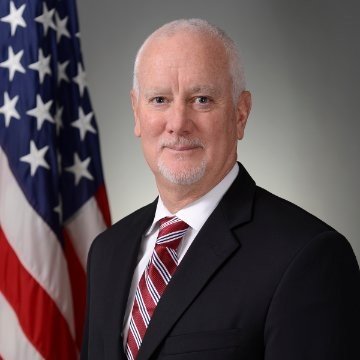As the Chief of the Global Strike Division at SAF/AQPN, Eric Single plays a pivotal role in overseeing the United States Air Force's nuclear acquisition portfolio, which is valued at an impressive $17.8 billion. With over 37 years of dedicated service in the USAF, including...
As the Chief of the Global Strike Division at SAF/AQPN, Eric Single plays a pivotal role in overseeing the United States Air Force's nuclear acquisition portfolio, which is valued at an impressive $17.8 billion. With over 37 years of dedicated service in the USAF, including 29 years as an active-duty Colonel, Eric brings a wealth of operational and strategic expertise to his current position. His extensive experience with bomber aircraft, particularly the B-2 and B-52, complements his deep understanding of military operations and national security dynamics.
Eric's background in joint staff and Air Staff acquisition processes equips him with a nuanced perspective on the Department of Defense's (DoD) acquisition and Planning, Programming, Budgeting, and Execution (PPBE) processes. This knowledge is critical as he navigates the complexities of managing nuclear capabilities, ensuring that the Air Force remains at the forefront of strategic deterrence and operational readiness. His leadership is characterized by a commitment to organizational excellence and effective resource management, utilizing tools such as Earned Value Management to track project performance and ensure accountability.
In addition to his technical acumen, Eric's security clearance and expertise in foreign military sales underscore his ability to engage with international partners and enhance cooperative defense initiatives. His role is not just about oversight; it involves fostering innovation within the nuclear enterprise and ensuring that the Air Force's strategic objectives align with national defense priorities. As a seasoned leader, Eric Single exemplifies the intersection of military aviation, defense strategy, and organizational leadership, making significant contributions to the future of U.S. national security.







